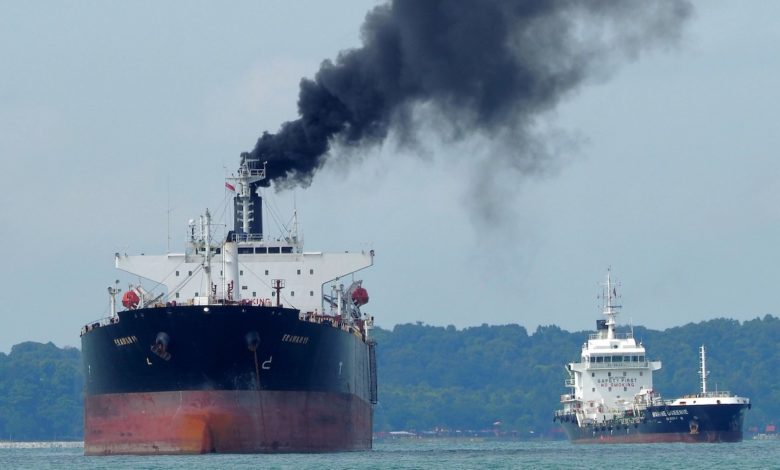New IPCC report carries significant ramifications for shipping

The United Nations’ Intergovernmental Panel on Climate Change (IPCC) has released its Working Group II report on climate impacts, adaptation and vulnerability.
Many of the world’s top climate scientists and economists are warning, in detail by geography and sector, that many aspects of maritime trade face not only rising costs, but global, systemic disruption from climate change if emissions are not slashed in the short term.
There is also a key role to play for shipping and trade routes to help adapt to climate impacts, for example by rerouting food supplies to tackle droughts.
Key takeaways for shipping from the 3,675-page report include how relative sea level rise and the increased frequency and severity of storms are already affecting port activity, infrastructure, and supply chains, sometimes disrupting trade and transport.
Of all transport infrastructure maritime ports are viewed in the UN report as at the greatest risk from climate hazards, followed by roads, rail, and airports.
A transformational adaptation approach to address climate impacts on maritime activities and increase security would relocate 41 ports, change centers of demand, reduce shipping distances, or shorten supply chains.
The report also suggests the need for better regulation of the dry bulk trade in soy, and other agricultural products linked to deforestation.
Trade diversification and re-routing of transport will be a key part of adapting to interregional climate risks.
The UN report may cast a different light on the International Maritime Organization’s Expert Working Group on Impact Assessment due next week, which still limits the scope of its discussion to the potential impact of carbon regulations on trade, rather than the potentially far greater impact on trade of climate change itself.
The Working Group II report – finalised and approved by 270 authors and 195 governments – is the biggest assessment of the impacts of climate change and the strategies to adapt to it since the release of the IPCC’s AR5 in 2014.

It is quite pathetic that none of these reports or conferences which seem to go on weekly have resulted in any change whatsoever by the top 3 shipping companies. Real world solutions exist right now to transition to net zero, but the snail pace of the decision making in these firms makes it exactly what people always thought it was… greenwashing.
A replacement for HFO with scrubbers exists right now, but due to the shortsightedness and the fundamental lack of decision making, consign the these reports to the green bin with COP OUT 26 .
These reports which seem to becoming increasingly frequent are tantamount to scaremongering. Citing the support of numerous scientists and national bodies is no defence against some sloppy science, short time series and corruption/merging of data. Much of this smacks of the “Emperor’s new clothes”. Some deep forensic analysis of the findings and conclusions is required.
All the aspirations of Cop-26 in relation to decarbonization appear to have gone up in flames (literally) following Russia’s aggression in Ukraine. This is a major re-set
It’s only scaremongering in the sense that scientists have been telling policymakers for 20+ years that a change of direction is required, yet they have been dismissed, so the situation really IS getting ever more scary. So, what do the scientists do? Calm down, and whisper quietly that the problem is getting exponentially worse, or shout louder?
As for a deep forensic analysis, that’s been going on for a long time now, and the predictions have been verified as worryingly accurate. There’s no question now that we do need to stop burning stuff for energy, and the challenge is to transition to better methods absolutely ASAP.